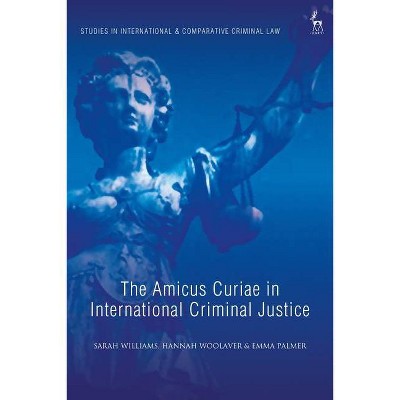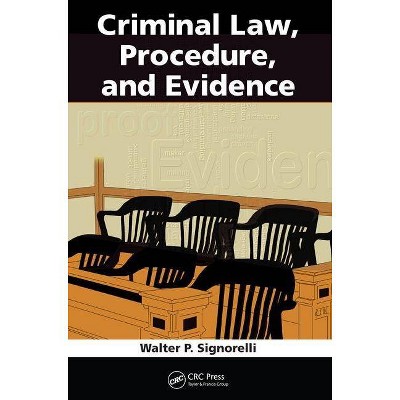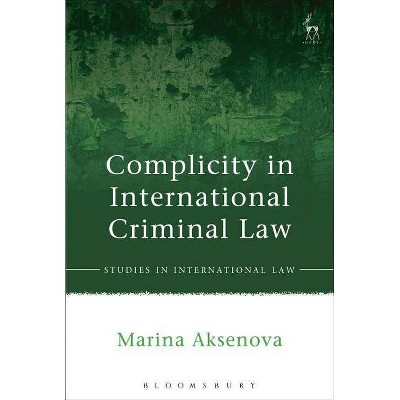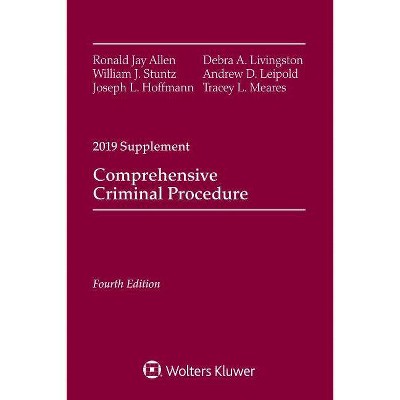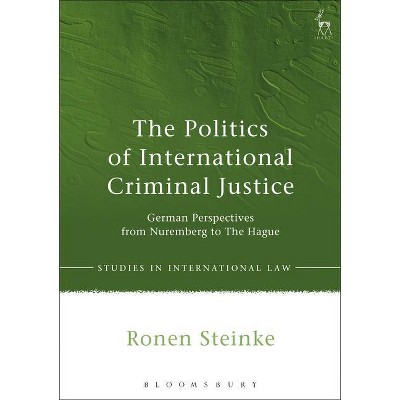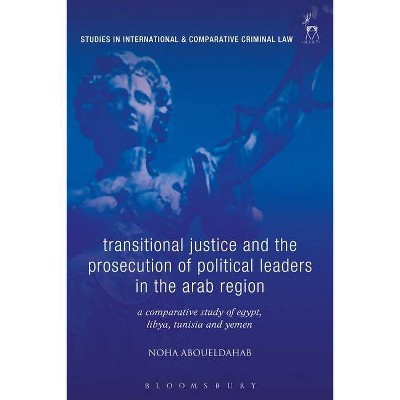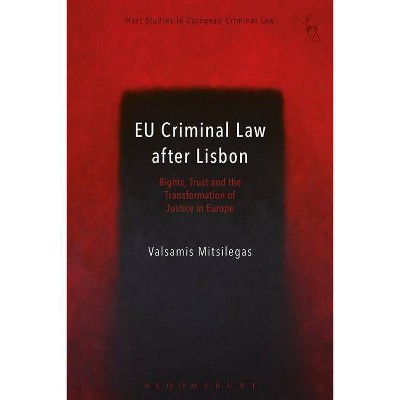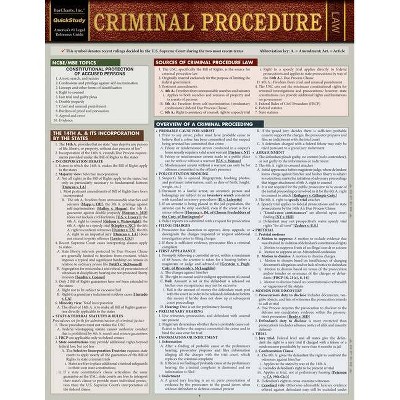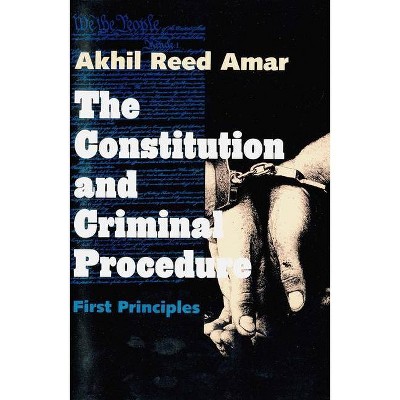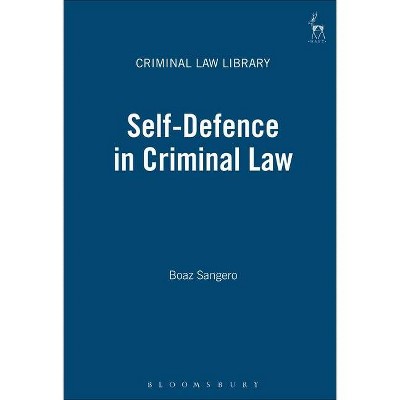Principles of Chinese Criminal Procedure - (Studies in International and Comparative Criminal Law) by Liling Yue (Hardcover)
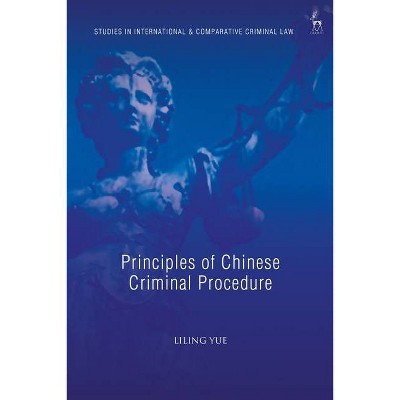
Similar Products
Products of same category from the store
AllProduct info
<p/><br></br><p><b> About the Book </b></p></br></br>"This book presents a short history and timeline of criminal procedure legislation in China. It first discusses the status of Human Rights Conventions and challenges resulting from human rights standards for Chinese criminal procedural law and practice. It moves on to explore the fundaments of Chinese criminal procedure such as the applicable law found in the Chinese CPC and the Supreme People's Court. The book covers relevant actors in the Chinese Criminal Justice System (judges, prosecutors, police, defence councils) as well as the relationships between them. Actors include crime victims and their role in criminal proceedings. Starting with pre-trial investigation proceedings (extending in particular to coercive measures and discretionary powers of police and prosecutors in the implementation of non-prosecution policies) the book then proceeds with basic principles of the criminal trial, standards of evidence and rules related to conviction and sentencing. Appeal proceedings and the issue of reopening criminal proceedings are also considered. The book finally concludes with questions of enforcement of criminal sentences"--<p/><br></br><p><b> Book Synopsis </b></p></br></br><p>This book presents a short history and timeline of criminal procedure legislation in China. First, it addresses the status of Human Rights Conventions and the challenges resulting from human rights standards for Chinese criminal procedural law and practice. The discussion then moves on to explore the fundaments of Chinese criminal procedure such as the applicable law found in the Chinese CPL (Criminal Procedure Law) and legal institutions. <p/>The book covers relevant actors in the Chinese Criminal Justice System (ie judges, prosecutors, police, defence councils) as well as the relationships between them. It also includes topics relating to the victims of crime and their role in criminal proceedings. Starting with pre-trial investigations (extending in particular to coercive measures and discretionary powers in the implementation of non-prosecution policies) the book continues as a guide through the basic principles of criminal trial, standards of evidence and rules related to conviction. Appeals and the issue of reopening criminal proceedings are also considered, with the book making particular reference to a number of special procedures (including juvenile delinquency) in the closing chapter.</p><p/><br></br><p><b> About the Author </b></p></br></br><b>Liling Yue</b> is Professor of Law in the Criminal Justice Institute at China University of Political Science and Law in Beijing, China.
Price History
Price Archive shows prices from various stores, lets you see history and find the cheapest. There is no actual sale on the website. For all support, inquiry and suggestion messages communication@pricearchive.us
